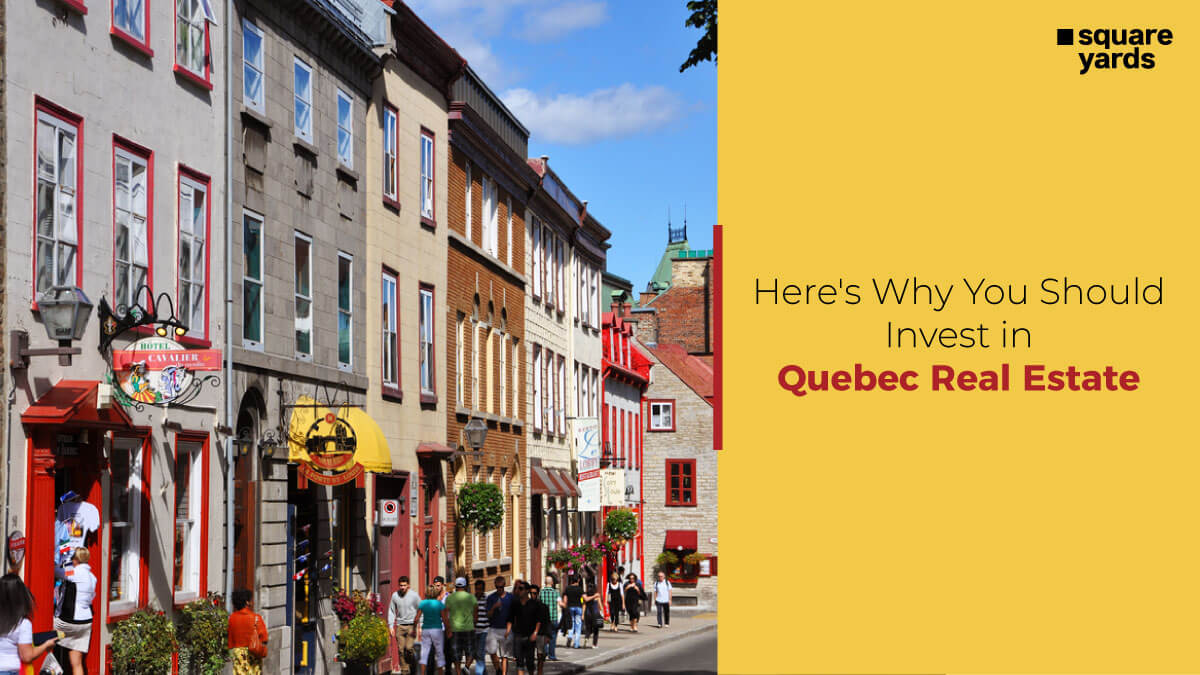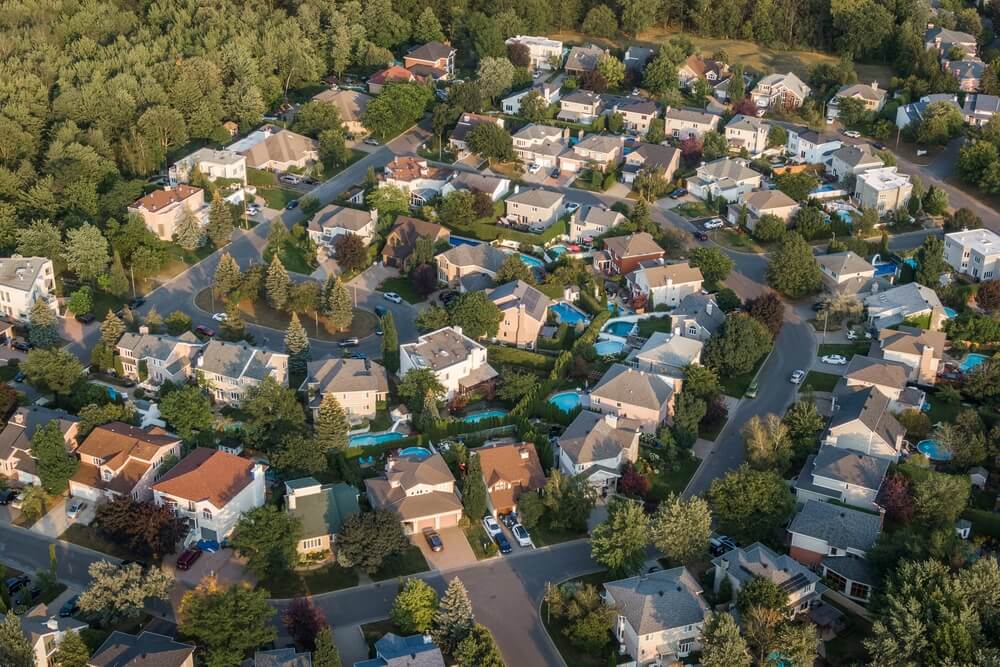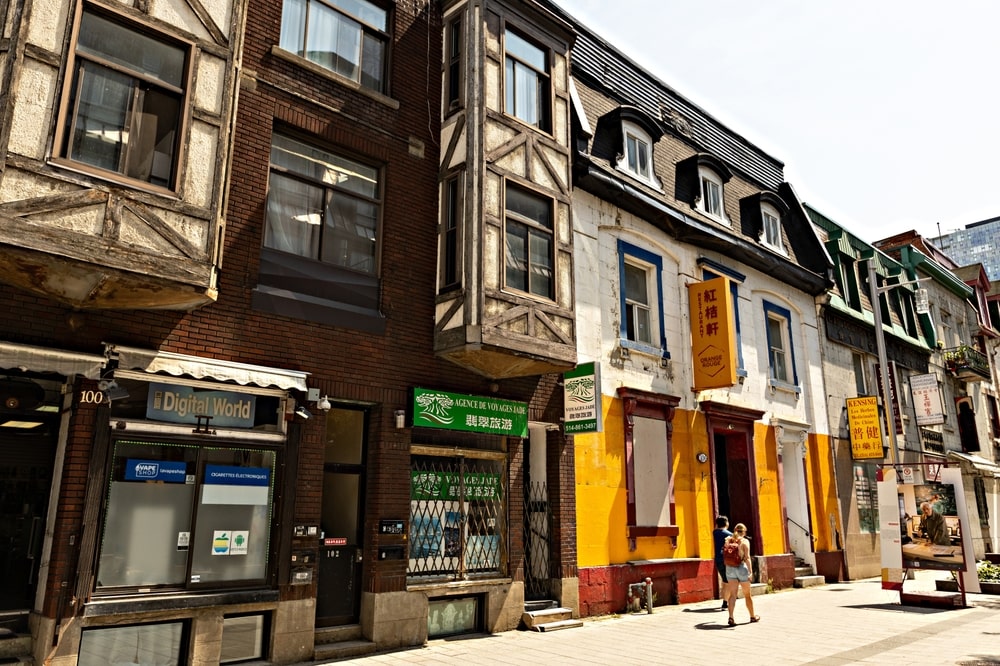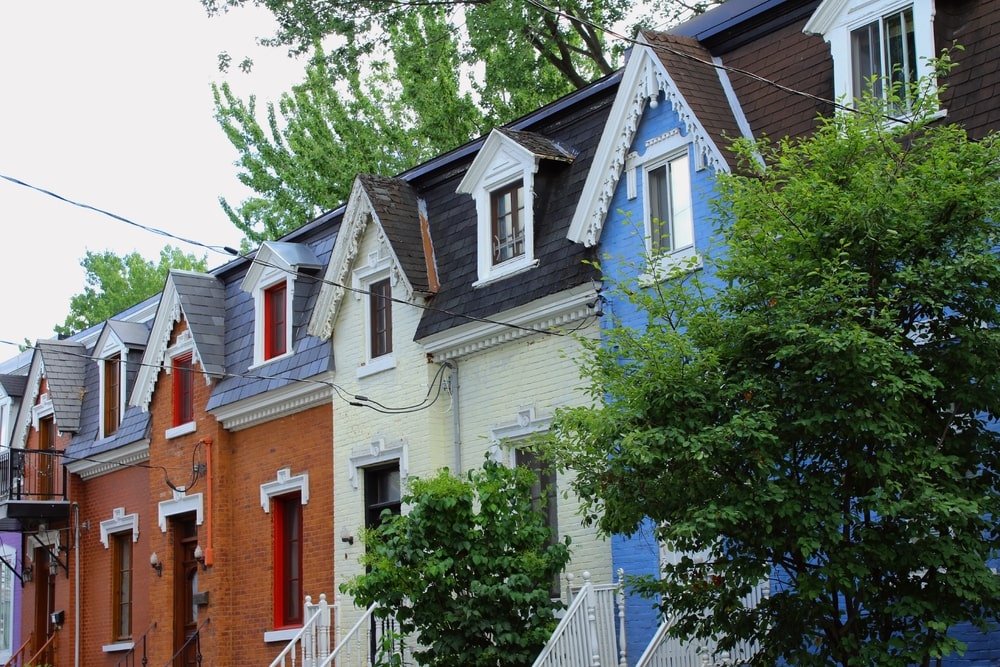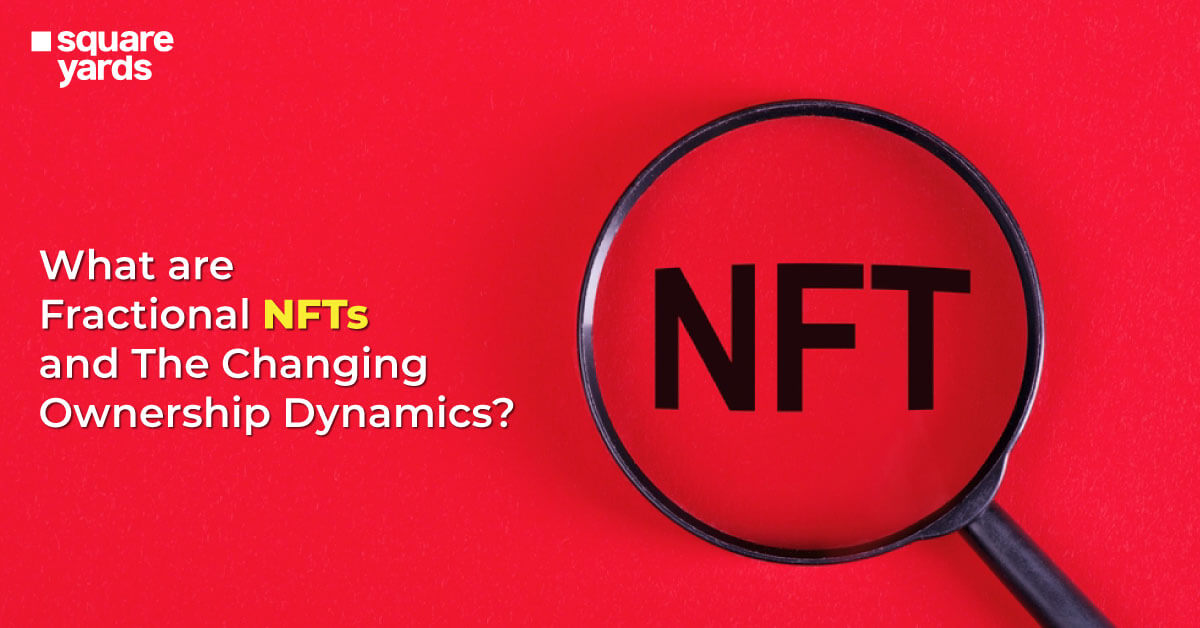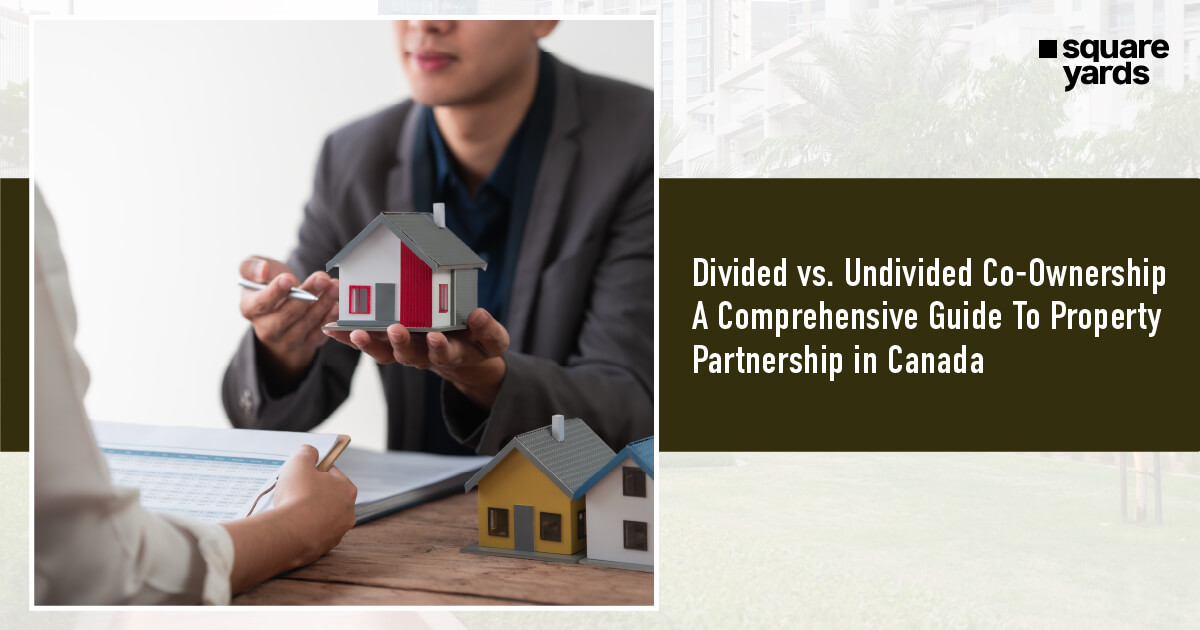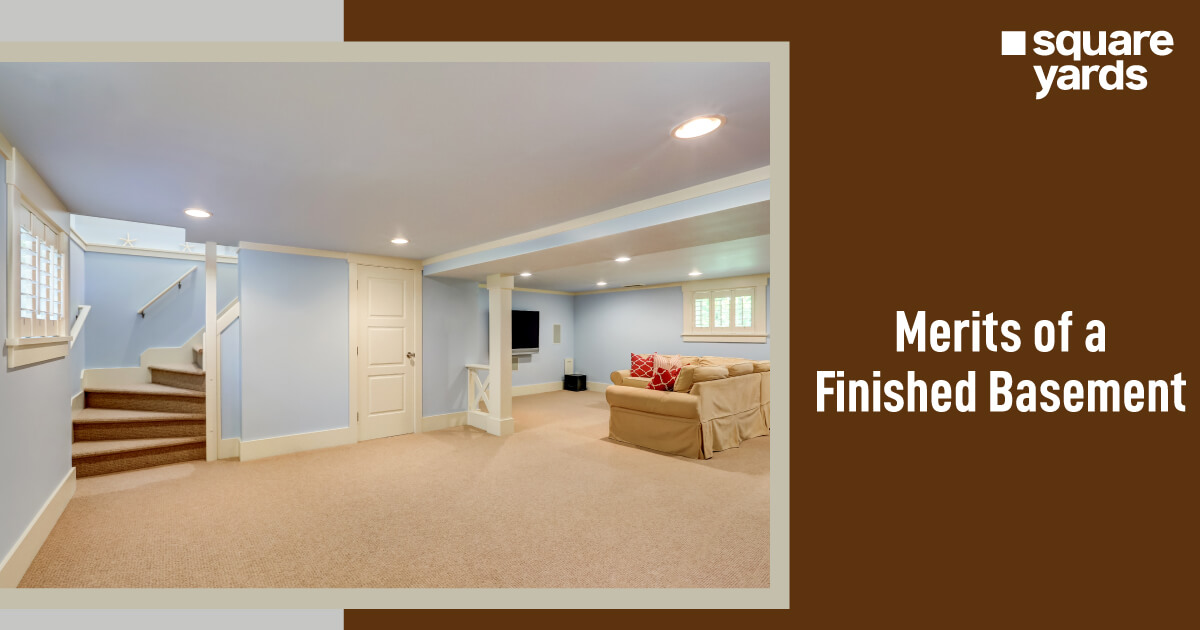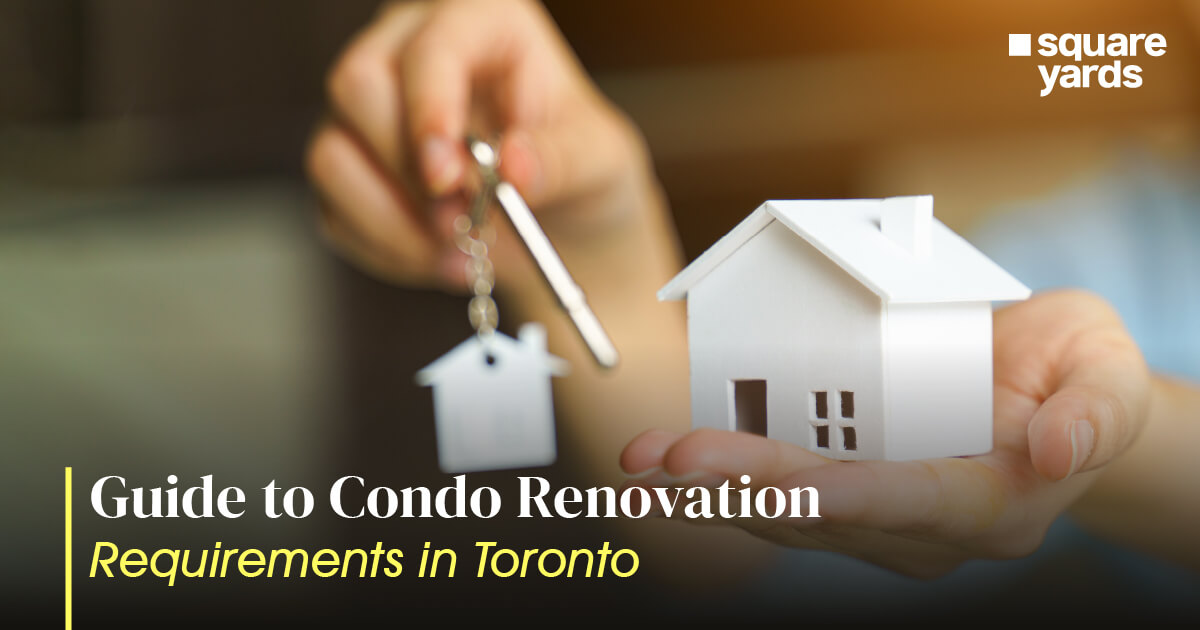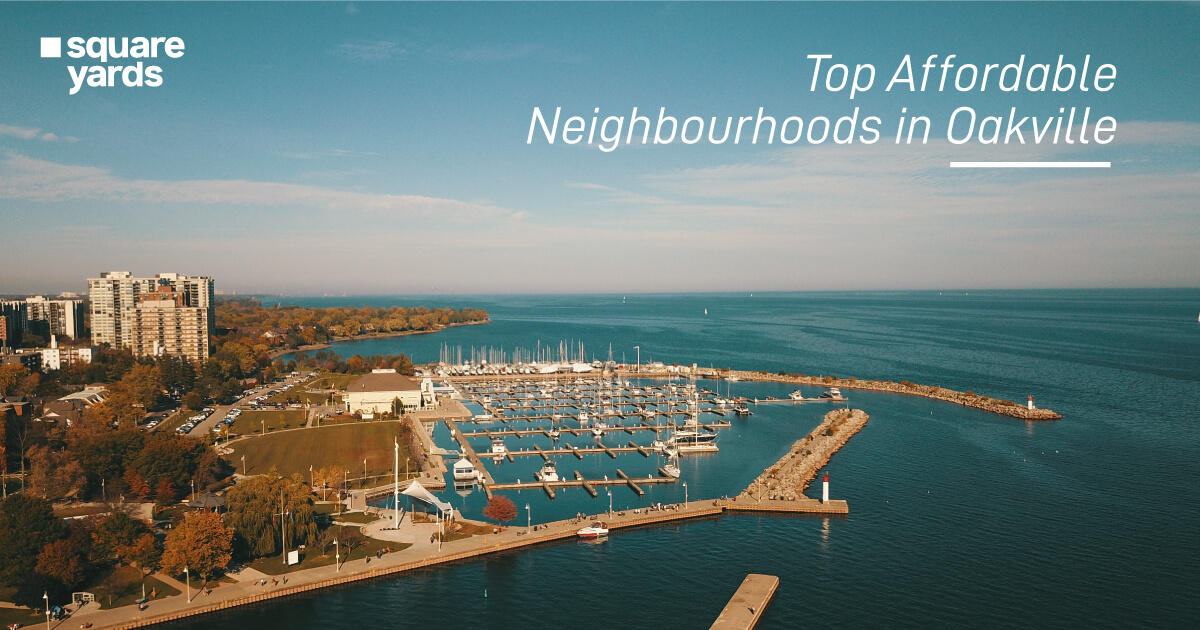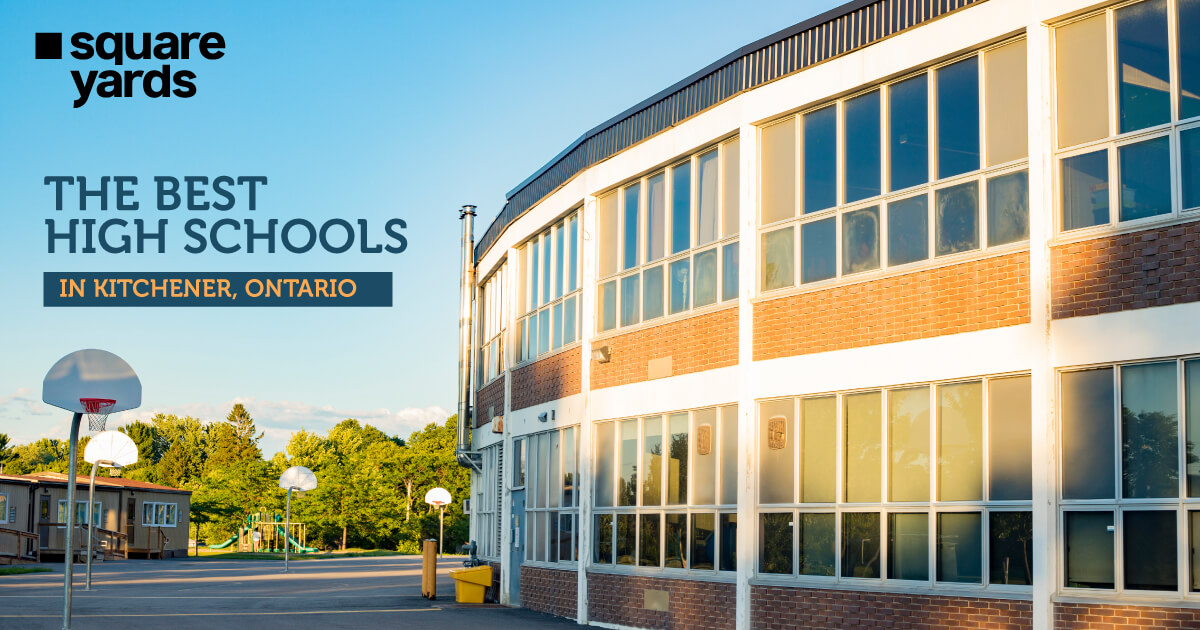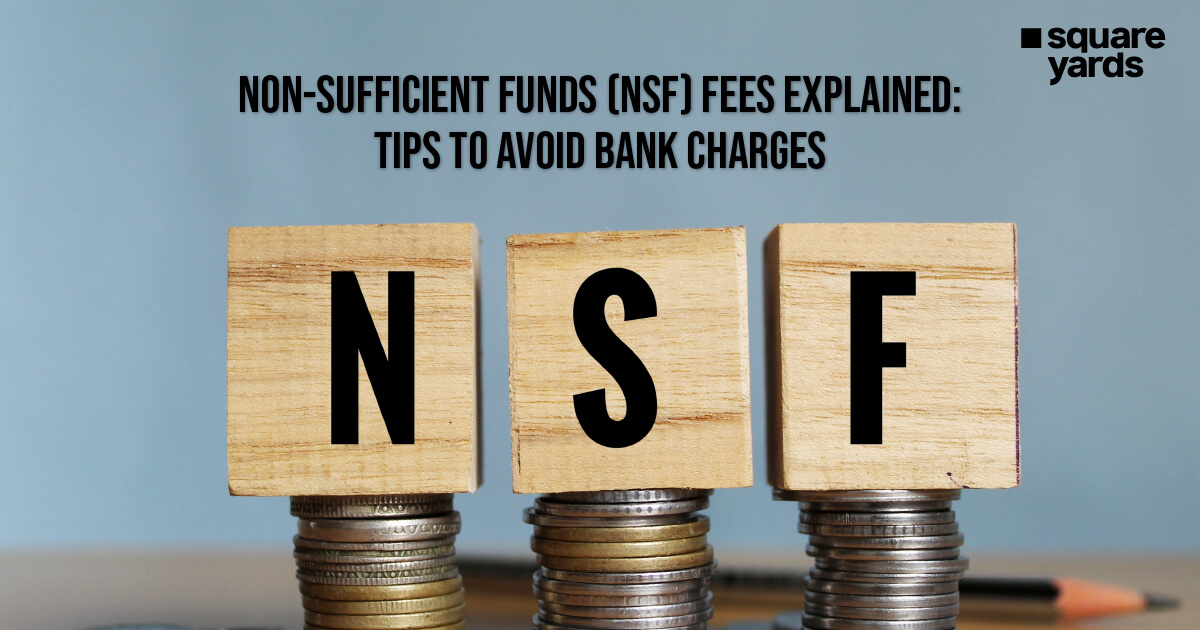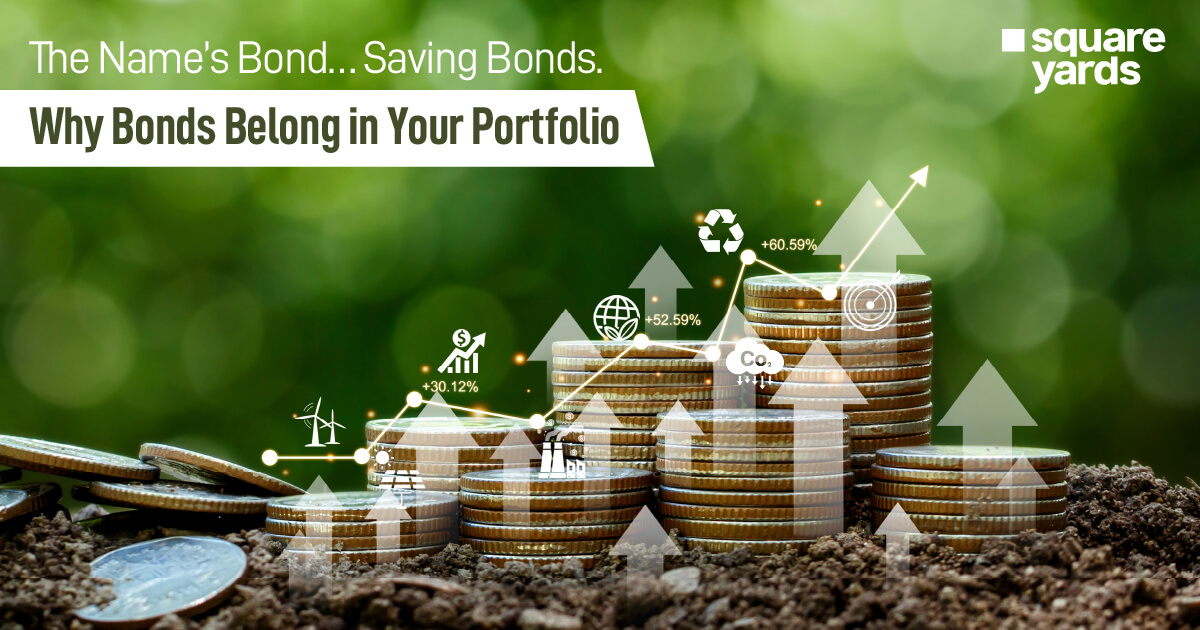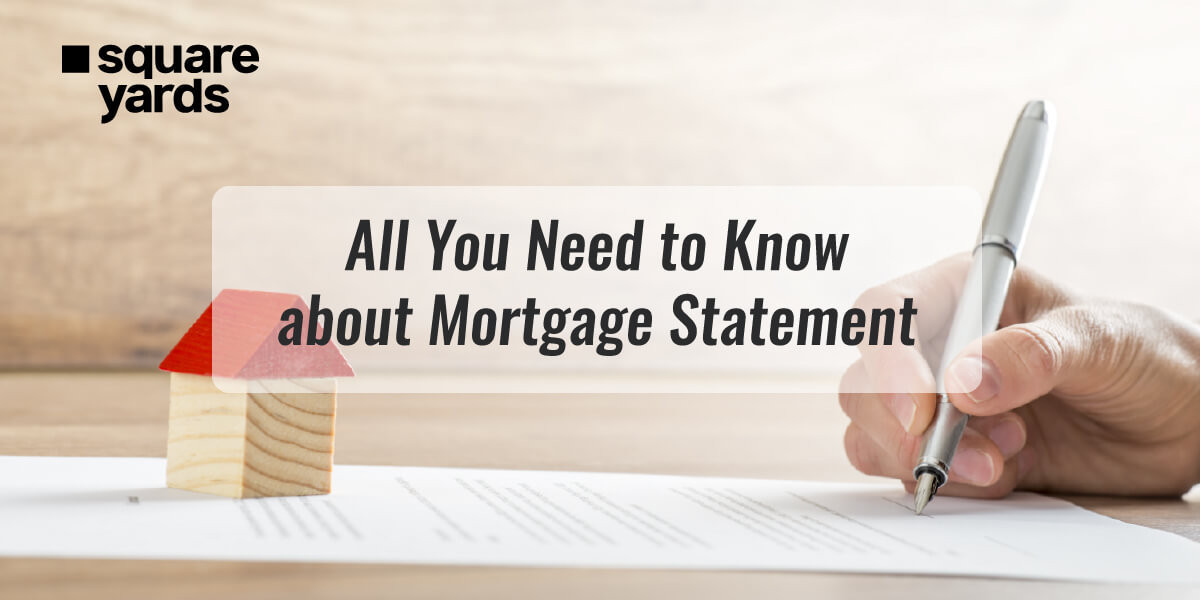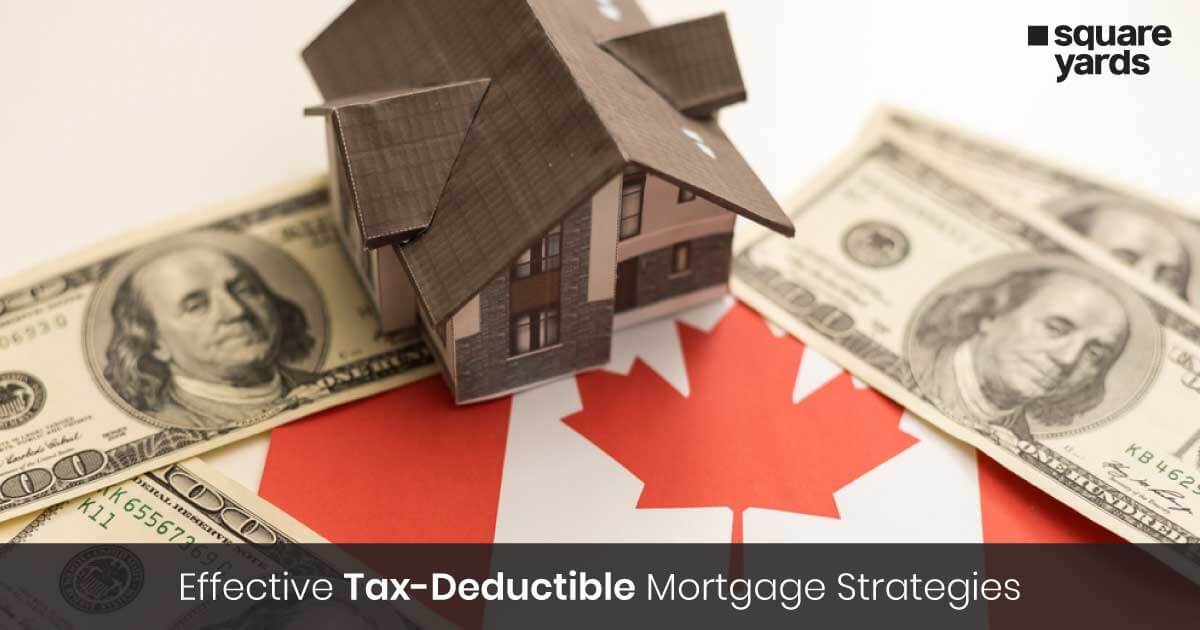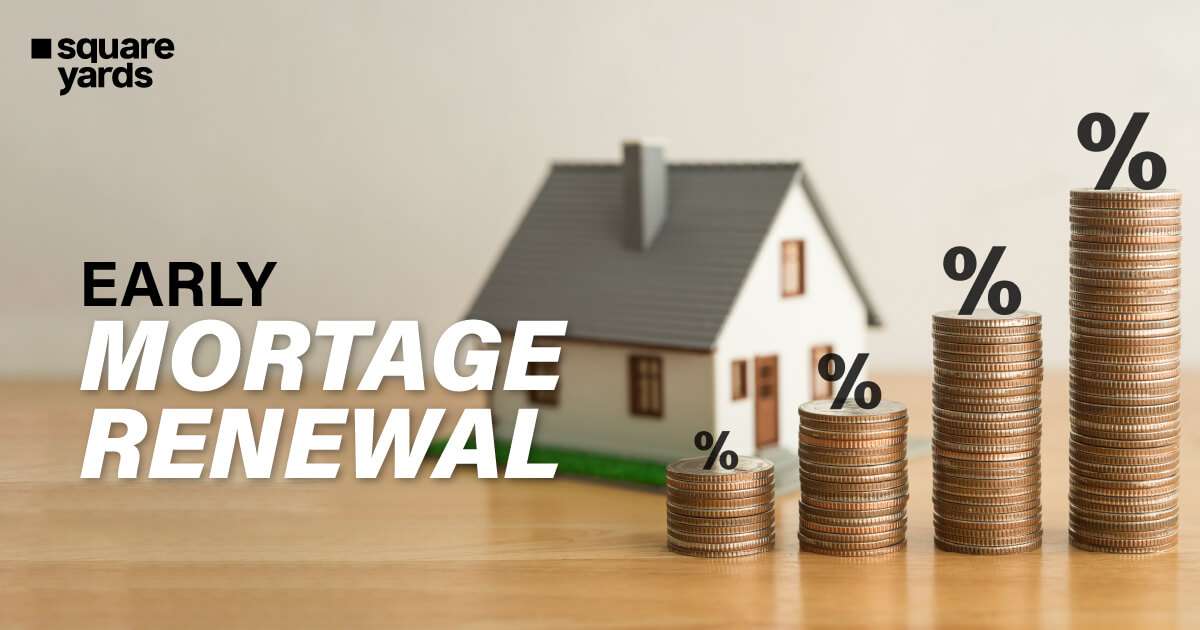As a result of the growth in the Quebec real estate market, the province is increasingly becoming a sought-after location for investors as far as real estate is concerned. Brimming with a variety of multicultural cities, absolutely astounding natural landscapes, an ever-evolving tech scene and some of the most welcoming natives in the world, Quebec has positioned itself as a prime location in Canada. Although Quebec, Montreal in particular, is heavily inhabited by a constantly growing French population, it remains an excellent location to invest in for locals and foreign nationals on the prowl for opportunities to invest in Quebec properties, in addition to students and individuals awaiting their Canadian permanent residence.
This blog delves into various aspects of the Quebec real estate market and what makes it a hotspot for investment.
What Attracts Investors to Quebec Real Estate Market?
Employment statistics in Quebec have made it an extremely attractive and desirable location, considering how it boasts of some of the lowest unemployment rates in the country, per Statistics Canada. Therefore, Quebec may appeal to those hoping to make a smart move to upgrade their professional lives. As far as personal lives are concerned, there is a seemingly perennial supply of museums, heritage sites, gardens, galleries and more, which may appeal to those looking to indulge in interesting activities as they recover from a long week of work and more.
Some Insights Related to the Quebec Housing Market
- The average home price in Quebec is $451,902 in 2023 compared to $483,573 in 2022.
- We can say the same for the cities of Montreal, as the average home sold price went up by 9%.
- Quebec City’s real estate market experienced an annual increase in the benchmark home price by 12%.
- The median property price in 2022 was $413,000 for a single-family home, which was 13% higher compared to 2021. However, in 2023, the median price will drop by 5%.
- The total residential sales in 2022 were 88,061; in 2023, it is estimated to be 79,702, a 9% drop.
Factors to Consider Before Investing in the Quebec Real Estate Market
These factors have a major impact on the Quebec real estate market:
-
Property Prices
As per stats that the Canadian Real Estate Association released, property prices in Canada have been plummeting for the past two months after they reached a non-seasonally adjusted high of $816,720 in February, however, the chances of prices going as low as pre-pandemic levels remain unlikely. The heavy price drop triggered the Bank of Canada’s decision to raise its benchmark rate to counter inflation.
This drop in property prices has prompted realtors in the Quebec housing market to part ways with their properties. Moreover, it has triggered them up for sale on the Quebec real estate market as potential returns on their investments seemingly slip through the cracks daily. Reacting to the same price drop, economists argue that this downturn could potentially be bigger than anything the country has experienced in over 40 years. -
Costs Incurred while Acquisition and Maintenance of Properties
There are several costs that prospective buyers need to consider before acquiring their dream home in the current Quebec housing market. However, laying claim to your property can be fairly simple, with some forethought, planning, and preparation. Knowledge of the intricate rules and regulations involved in covering costs is an absolute must before one can actually go on to invest in a Quebec property. Furthermore, figuring out a way to finance and move money efficiently to take care of these costs works to make the process that much easier.
Buyers have to consider costs like appraisal fees, building inspection fees, property surveys, legal and notary fees. In addition, buyers are required to shell out money on several kinds of insurance, including mortgage loan insurance, title insurance and home insurance. Furthermore, buyers must pay taxes like Land Transfer Tax, Sales Tax and more.
-
Residency and Acquisition of Properties based on Citizenship
Prime Minister Justin Trudeau’s Government recently moved to bar foreign investors from buying up homes in Canada. Referring to it as an ‘affordability crisis,’ the liberal government banned non-Canadians from acquiring properties in the country for two years. However, refugees and international students awaiting their permanent residence are exempt from the same.
The government justified this decision by declaring that they were trying to improve the conditions of supply and cost for Canadian nationals trying to acquire properties. Furthermore, the administration vowed to monitor the impact of foreign capital on housing costs. They asserted that their inspection results would subsequently influence their decision to strengthen or ease the current ban.
The federal Liberal government also introduced a scheme to tax those who sell houses in less than a year after buying them. This tax was created to target ‘house flippers’, who obtain houses only to remodel and renovate them to put them back on the market, demanding a higher price from buyers for quick profits.
Additionally,
-
- The government called on the Canada Mortgage and Housing Corporation to initiate the construction of 100,000 new housing units.
- They also ordered the corp. to set aside a hefty budget over the course of the next two years to develop 6,000 affordable housing units.
- Therefore, it is the perfect time to invest in houses for sale in Quebec for Canadian nationals and future Canadian permanent residents.
Housing Market in Montreal
The Montreal real estate market is presently in a seller’s market, but in 2023, it’s anticipated that some properties and locations will become more equitable. Move-up and move-over purchasers are now boosting demand in the area, and this pattern is anticipated to persist in 2024. The most popular type of residence is a single-detached house.
In 2023, three key factors are anticipated to impact action: slower market growth, a surge in move-up purchasers, and a persistent drive towards equilibrium. Housing demand is starting to reach pre-pandemic levels in the post-pandemic period. In 2023, prices are anticipated to decline marginally.
Valuable Insights
- This profusion in the country and the Quebec housing market, in particular, is a first since the year 2015.
- Listings available on the market reached a high of 12,370 units, which comes in as a 15% increase from what the market witnessed in June 2021.
- The median price of single-family homes reached a peak of $570,000, which is a 12% increase in June 2021.
- The prices of single-family homes have experienced a $6,000 decrease from May 2022.
- The median price of condominiums in the city experienced a 12% increase over the year, costing about $365,000 in June 2021 and $410,000 in June 2022.
It is interesting to note that the selling time for most properties has either stagnated or gone up since last year. Condominiums, however, seem to have gained speed. It previously took 35 days to sell condominiums in the Quebec Housing Market, which are now moving in 30 days.
Housing Market in Quebec City
The Quebec Professional Association of Real Estate Brokers (QPAREB) also shared the same statistics regarding the residential real estate market in the Quebec City Census Metropolitan Area (CMA). The Quebec City real estate market has seemingly been thriving, unfettered by the rise plaguing interest rates in the country.
At the end of 2023, the Quebec real estate market is anticipated to restore stability and turn more in favour of buyers.
Possibly due to lower median prices and Quebec real estate statistics, the CMAs of Québec, Saguenay, and Trois-Rivières are more adaptable to the rise in the cost of finance. Also, we’re discussing eastern and northern Quebec. In these areas, the market should stabilise in 2023 with more favourable prospects for buyers and sellers.
- The median price of single-family homes in Quebec City remained steady at $325,000 in 2023.
- In Québec City’s real estate market, the median price of condominiums is $330,000 in 2023, a drop of $18,000 from January 2022 and a 5% drop.
- According to a press statement from the Quebec Professional Association of Real Estate Brokers (QPAREB, the volume of residential sales in the Montreal Census Metropolitan Area in January 2023 totalled 1,791, 36% less than January 2022’s data. Meanwhile, sales in Quebec City dropped by 24% yearly from 688 to 521 homes changing hands.
- The average home price in Quebec in 2022 was $483,573 and is set to decline in 2023-24. In 2023, the average price now stands at $451,902, and the forecast reflects that the home price in 2024 will be $440,663.
Will Quebec be a Buyer’s or Seller’s Market in 2023?
In 2023, sales activity in the province will continue to fall and progress towards more equitable market circumstances while still favouring sellers.
After years of surplus savings and increasing mortgage accruals during the epidemic, families should be in a good position. For owners with a variable-rate mortgage, this should simplify paying the rise in monthly mortgage payments. However, prudent regulations put in place by financial regulators since 2016, like the stress test, must keep playing a significant part in market stability.
Quebec’s possibilities in 2023 are further improved because just one-third of the province’s outstanding mortgages are variable-rate mortgages, even though these loans may be risky.
Therefore, the Quebec residential real estate market will likely weaken in 2023, albeit at a slower rate than in 2022, or with a 9% decline in sales. The Quebec market is handling the shock of increased interest rates reasonably well.
In Conclusion
Low property prices in Quebec could be in favour of first-time homeowners. However, this rise is also a telltale sign of consistent growth in the value of the properties that one may acquire, offering them a sense of security and ensuring definite returns on their investment, particularly in the Quebec City real estate market. Nevertheless, be mindful of the inflation rates and the property type one purchases as this could affect the property price.
You May Also Read
| Canadian Cities and Real Estate Investment | Commercial Real Estate Loan in Canada |
| Seven Major Real Estate Frauds | Myths About Real Estate Brokers in Canada |
| Real Estate Agent’s Fees And Commission |
FREQUENTLY ASKED QUESTION (FAQs)
Yes. You are required to pay taxes on real estate commission in Quebec. It includes two kinds of taxes, QST (provincial) and GST (federal) worth 9.975% and 5%, respectively, totalling 14.975%.
The cost of a real estate broker license in Quebec depends upon the month in which you wish to start or resume your practice. For instance, for those wanting to start or resume their practice in April 2023 will only have to spend $574.08. However, those seeking a valid license for August will have to shell out $1,717.60.
Prospective real estate brokers who hope to practice the profession in the region of Quebec need to: successfully complete the mandatory training program in an educational institution recognized by OACIQ, pass the OACIQ certification examination, fill a consent form for the verification of their criminal record.
A real estate contract that has been previously agreed to and signed by the buyer and the seller can only be cancelled if both parties unanimously agree to the same. If consensus regarding the matter is reached, a written agreement of cancellation can be signed by both parties that would void their previous agreement. However, it is advisable to consult a notary before any document is signed.
Real estate agents of one Province who wish to practice their profession in another Province need to complete all the necessary training, experience, examinations, and assessments recognized in that Province. Is there tax on real estate commission in Quebec?
How much is a real estate broker license cost in Quebec?
What is required for a real estate license in Quebec?
Can a buyer cancel a real estate contract in Quebec?
Can Ontario real estate agents buy or sell a house in Quebec?

